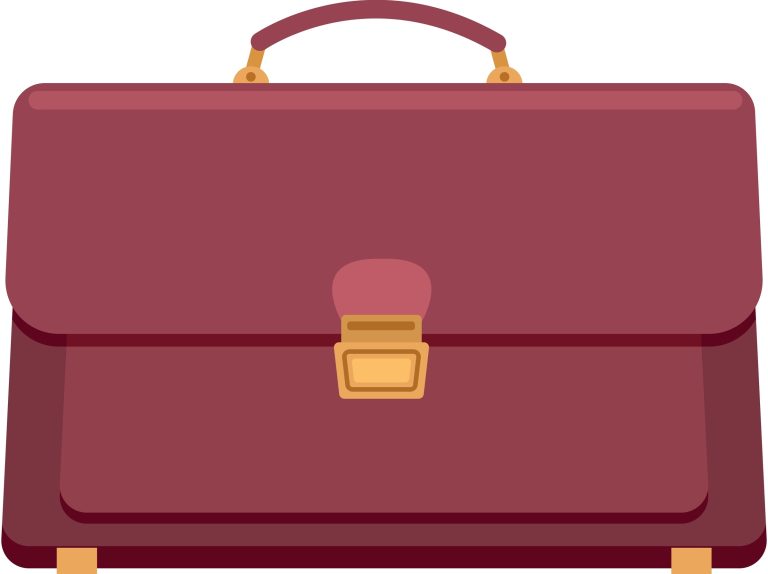The 31 January Self-Assessment deadline has come and gone, but for 1.1 million taxpayers who missed the cut-off, the consequences are only just beginning.
HM Revenue and Customs (HMRC) has confirmed that those who failed to file on time now face at least a £100 penalty, with further fines and interest charges increasing the longer their return remains outstanding.
This year’s deadline serves as a stark reminder that leaving your tax return to the last minute is a risk not worth taking.
Over 31,000 taxpayers submitted their returns in the final hour, highlighting the stress and uncertainty that can arise from last-minute filings.
Paying the penalty for missing the Self-Assessment deadline
Here is what happens if you file or pay late, and how you can avoid the same mistake in the run up to the 2026 deadline.
Failing to submit your Self-Assessment tax return on time results in automatic penalties, even if you do not owe any tax. The penalties escalate the longer you wait:
- £100 fixed penalty for missing the deadline, even if no tax is due.
- £10 per day penalty if your return is more than three months late, up to a maximum of £900.
- Five per cent of tax due (or £300, whichever is greater) if your return is six months late.
- Another five per cent of tax due (or £300, whichever is greater) if your return is 12 months late.
Late payment of tax owed also incurs interest and additional penalties:
- Interest starts accruing immediately from 1 February.
- The current interest rate is 7.25 per cent (Bank of England base rate plus 2.5 per cent)
- Starting from 6 April 2025, the late payment interest rate will rise by 1.5 per cent, pushing the interest on overdue tax to the Bank of England base rate plus four per cent.
- A five per cent penalty applies to unpaid tax 30 days after the deadline.
- Further penalties of five per cent after six months and again after 12 months.
Lessons from this year
This year, some taxpayers faced extra stress due to IT failures at Barclays, which affected last-minute payments.
While late payment penalties do not apply until 1 March (although you will still be charged interest); and Barclays has promised affected customers will not be left out of pocket, it reinforces the importance of not leaving your tax obligations to the final hours.
Even if you believe you can file and pay on time, unexpected issues such as banking errors, lost documents, or personal emergencies can arise, making early submission the safest choice.
Plan ahead for next year’s Self-Assessment deadline
The best way to avoid the stress and financial burden of late filing is to plan well in advance. Here’s how you can stay ahead:
- Keep your records up to date – Organise invoices, receipts, and financial statements throughout the year to make filing easier.
- Set a personal deadline – Aim to complete your return well before 31 January to allow time for any unforeseen issues.
- Use professional support – Our team of accountants can ensure accuracy, help identify tax-saving opportunities and remove the stress of dealing with HMRC yourself.
- Budget for tax payments – Know what you owe in advance and set aside funds to cover your tax bill on time.
If you missed this year’s deadline, act now to minimise further penalties.
If you want to be better prepared for next year, we can help ensure your tax affairs are handled efficiently and stress-free.
Don’t wait until next January, contact us today and take control of your Self-Assessment.




